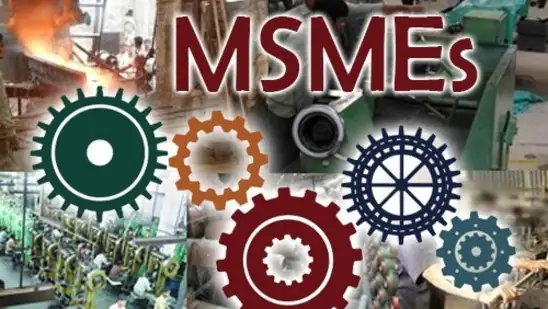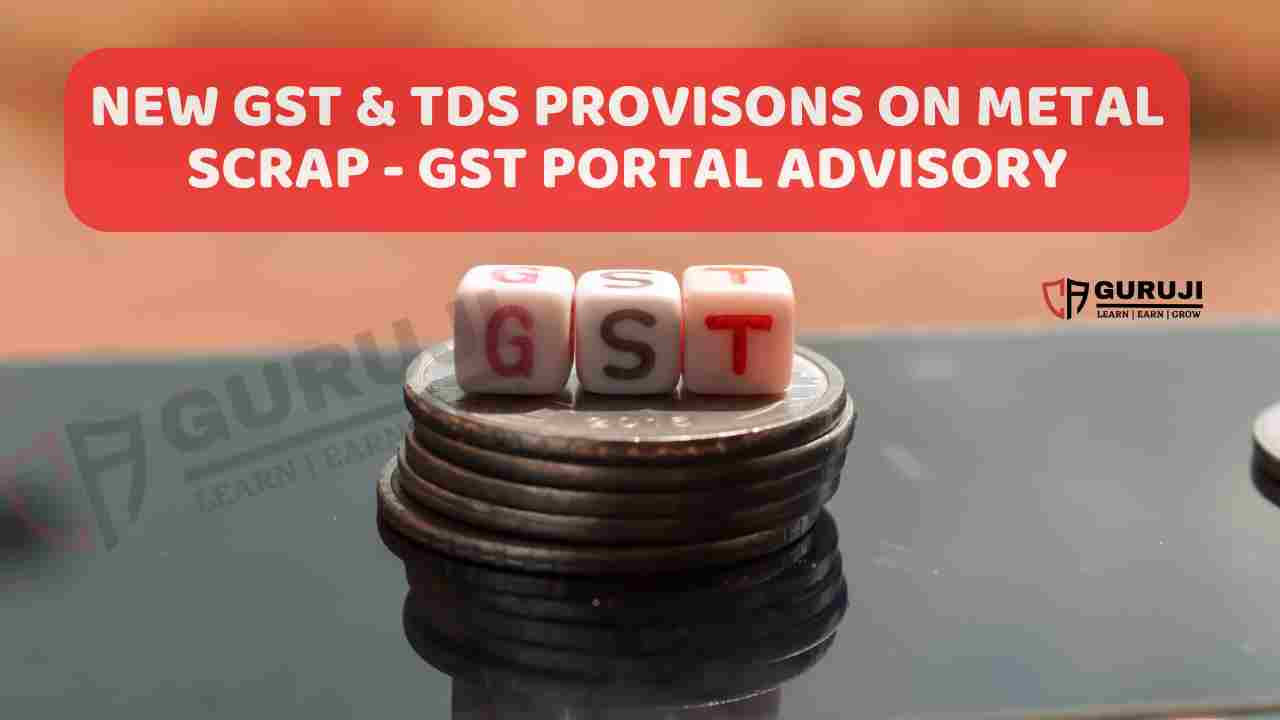Introduction: Effective from April 1, 2023 (FY 2023-24 & AY 2024-25), Section 43B(h) of the Income Tax Act has been a crucial amendment aimed at ensuring timely payments to Micro and Small Enterprises (MSMEs).
As Per Income Tax Act 1961: Section 43B Deals with Certain deductions to be only on actual payment.
Notwithstanding anything contained in any other provision of this Act, a deduction otherwise allowable under this Act in respect of—
(h) any sum payable by the assessee to a micro or small enterprise beyond the time limit specified in section 15 of the Micro, Small and Medium Enterprises Development Act, 2006 (27 of 2006),
shall be allowed (irrespective of the previous year in which the liability to pay such sum was incurred by the assessee according to the method of accounting regularly employed by him) only in computing the income referred to in section 28 of that previous year in which such sum is actually paid by him
This section imposes disallowances for delayed payments, impacting the taxable income of the assessee. It is applicable to all types of purchases made from enterprises registered under the MSMED Act, 2006.
However, it specifically applies to Micro and Small Enterprises, excluding Medium Scale Enterprises.
Understanding Section 43B(h): Section 43B(h) states that any sum payable by the assessee to a Micro & Small Enterprise beyond the time limit specified in Section 15 of the MSMED Act shall be allowed only in computing the income of the previous year in which the sum has been actually paid. This is irrespective of the previous year in which the liability to pay the sum was incurred, as per the accounting method regularly employed.
Applicability of Clause (h) of Section 43B: This clause is applicable when an enterprise is buying goods or taking services from an enterprise registered under the MSMED Act, 2006. It’s important to note that the registration of the buyer under the MSMED Act, 2006, is not mandatory. Clause (h) of Section 43B comes into effect from April 1, 2023.
Micro & Small Enterprises Defined: Micro Enterprises, to be registered under the MSMED Act, 2006, must have an investment in plant & machinery not exceeding 1 Crore and turnover not exceeding 5 Crores. Small Enterprises, on the other hand, should have an investment in plant & machinery not exceeding 10 Crores and turnover not exceeding 50 Crores.
Payment Timelines for Micro & Small Suppliers: Enterprises are obligated to pay Micro & Small suppliers within 15 or 45 days, depending on the presence of a written agreement. In the absence of a written agreement, payment should be made within 15 days. If there is a written agreement, payment shall be made as per the agreed-upon timeline, not exceeding 45 days.
Impact on Taxable Income: If payments to Micro & Small Enterprises are not made within the specified time frame, the amount becomes taxable income for the assessee in the previous year of non-payment. The assessee can claim a deduction in the previous year when the payment is made. Additionally, non-compliance can result in compound interest obligations to the supplier at three times the RBI-notified Bank Interest.
Interest Expense and Section 37: Interest incurred for delayed payment to Micro & Small Enterprises is considered penal interest and is not allowed under Section 37 of the Income Tax Act. Even if not demanded by the supplier, the enterprise is obligated to pay compound interest at monthly rests.
Practical Example: A sells goods to B on July 1, 2023. B makes the payment on February 1, 2024, which is after the allowed 45 days but before March 31, 2024. According to the Income Tax Act, the payment is allowed in the previous year 2023-24. However, B must pay compound interest to A at three times the RBI Bank Rate from the due date till the payment date. This interest expense is disallowed while computing income under the PGBP head.
Conclusion: Section 43B(h) emphasizes the timely payment obligations to Micro & Small Enterprises. Adhering to the specified payment periods is crucial for both buyers and sellers in the MSME sector to navigate the tax landscape effectively. Non-compliance may result in disallowances, impacting taxable income and incurring additional compound interest obligations. Understanding these implications is vital for businesses to foster a healthy and compliant environment within the MSME sector.
Visit www.cagurujiclasses.com for practical courses











It is introduced in Finance Bill 2023 , which would be applicable from 01.04.2024 ? On what grounds it is applicable from 01.04.2023 ? that is FY 23-24 ??
he new clause was inserted last month, in January 2024, and is applicable from April 2023. How can each enterprise be informed that compliance with the rule, requiring payments to MSME enterprises with interest, is mandatory?
There is confusion as to whether the rule is applicable from April 2024. What is the actual requirement for adhering to the aforementioned rules?